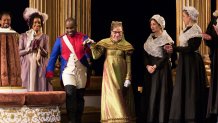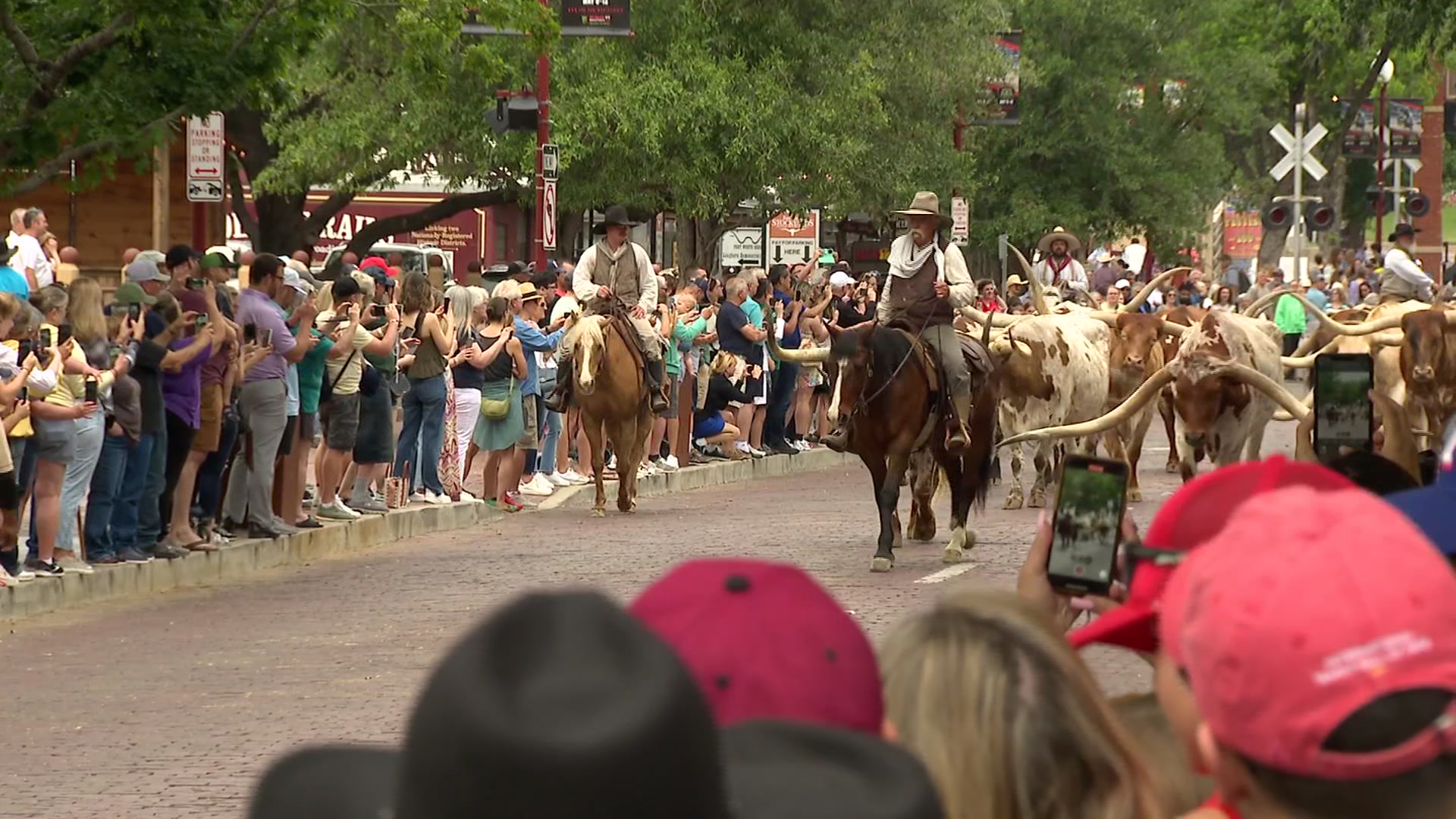
One year after her death, the late Supreme Court Justice Ruth Bader Ginsburg’s life has been transformed into something she deeply loved: music. The Dallas Symphony Orchestra will present the world premiere of Remembering Ruth Bader Ginsburg, a new work by Pulitzer Prize-winning composer Ellen Taaffe Zwilich, October 7 at the Meyerson Symphony Center in Dallas.
Co-commissioned by the Dallas Symphony Orchestra with support of the Norma and Don Stone New Music Fund, the Billy Rose Foundation and donors through the American Composers Forum, the piece focuses on Ginsburg’s professional life. “She has a way of seeing the world as a whole, not just this little legal issue or that little legal issue, but the way it fit into life. She always wanted to make things better,” Zwilich said.
Zwilich looks for projects that give her goosebumps. Remembering Ruth Bader Ginsburg immediately intrigued her. “When I heard about the project, I said ‘I’d love to do it. I don’t know how I’ll do it, but I’d really, really like to do it,’” Zwilich said.
Grammy Award-winning mezzo-soprano Denyce Graves will perform the piece. As one of Ginsburg’s favorite opera singers, Graves sang at her memorial. “That was another thing that gave me goosebumps,” Zwilich said. “Because Denyce Graves is a fabulous singer, not just a diva opera singer, but a person who can really express emotion with her voice. It lit my fires.”
Get DFW local news, weather forecasts and entertainment stories to your inbox. Sign up for NBC DFW newsletters.

Remembering Ruth Bader Ginsburg will be conducted by Lidiya Yankovskaya with Jeffrey Biegel on piano. The piece features Lauren K. Watel’s texts. “They were a spur to me, an inspiration,” Zwilich said.
Zwilich researched Ginsburg’s life and career extensively, gaining perspective on the essence of a woman who in high school was at the top of her class and a cheerleader. “Every time you turn a page, there’s some wonderful experience there,” Zwilich said. “The person who she was throughout her life, even with the remarkable position and changes, that person stayed there. That’s fascinating. That’s something you really aspire to as a human being.”
The Scene
Zwilich developed a three-movement structure with the titles Act I, Act II, and Act III. Act I reflects the beginning of Ginsburg’s legal career, illustrating Ginsburg’s experience of being a woman in a male-dominated field.
Ginsburg used metaphors to explain legal issues and to express a woman’s position in the world. Act I concludes with a metaphor Ginsburg often referenced in interviews and appearances. “Our job was to show – what Justice William Brennan put so well in one of the decisions – that the pedestal on which women were thought to stand more often turned out to be a cage,” Ginsburg said in a 2019 interview with Razia Iqbal for Noēma Magazine.
Act II reflects Ginsburg’s determination to end the status quo. “Act II is about all she tried to do to change things,” Zwilich said. “She stopped knocking on bolted doors and started knocking them down. It’s all very active, getting rid of the dropped ceilings, the bolted doors and then helping women down from the pedestals.”
Act III is a tribute to her work, even as there is still more to do. “The third act is a reflection of her legacy and all that she left behind, not just for women but for men too,” Zwilich said.

Featuring Biegel’s Reflection of Justice: An Ode to Ruth Bader Ginsburg and Mozart’s overture to Le nozze di Figaro (The Marriage of Figaro), Wagner’s overture to Der fliegender Holländer (The Flying Dutchman) and selections from Bizet’s Carmen, the entirety of the concert speaks to Ginsburg’s passion for music. “She loved music, particularly opera and it’s interesting sometimes music can say things words can’t,” Zwilich said.
Discovering the humanity of Ginsburg was the greatest reward for Zwilich. “She was the whole spectrum of life: love, friendship, fellowship, family and enjoying music, enjoying life, making jokes. A rich, enhanced life,” Zwilich said. “I considered her professional life a voyage and for me, going through this process and writing this piece was a voyage, a passionate voyage.”
Learn more: https://www.dallassymphony.org/productions/tribute-to-ruth-bader-ginsburg/



